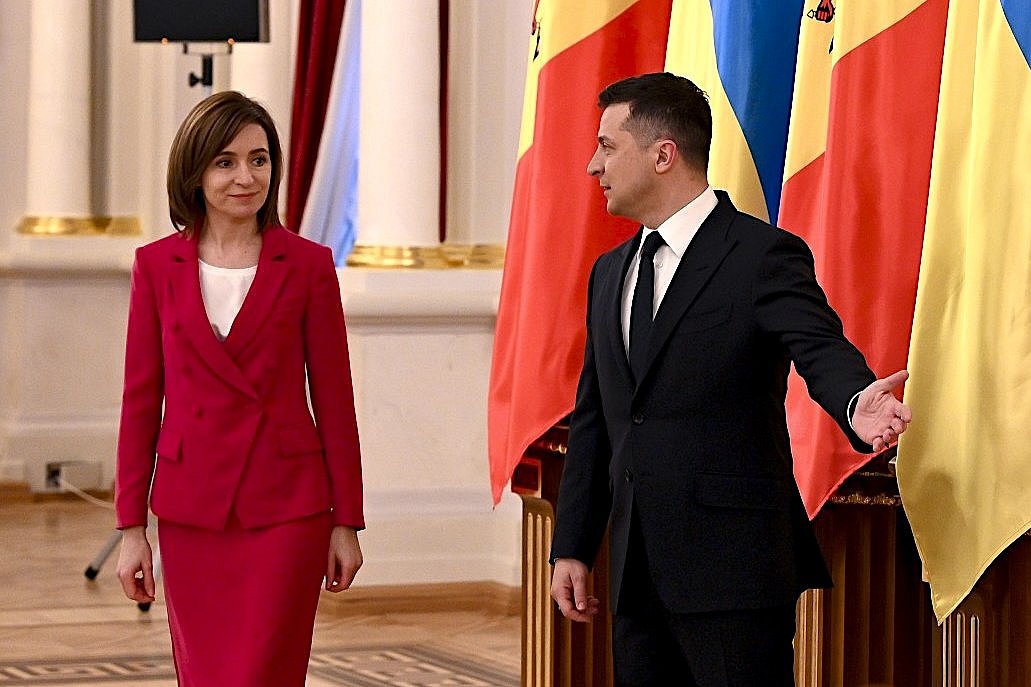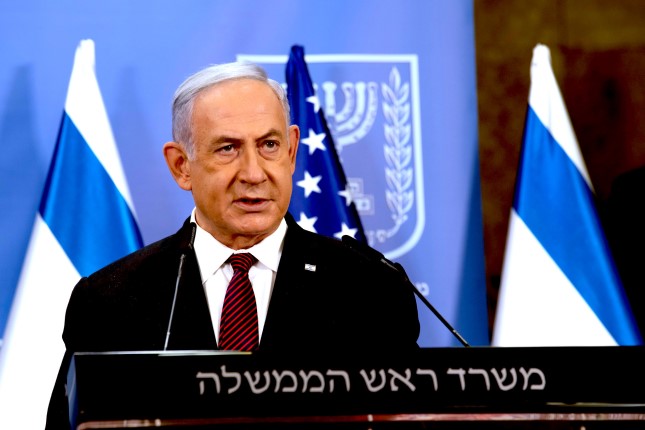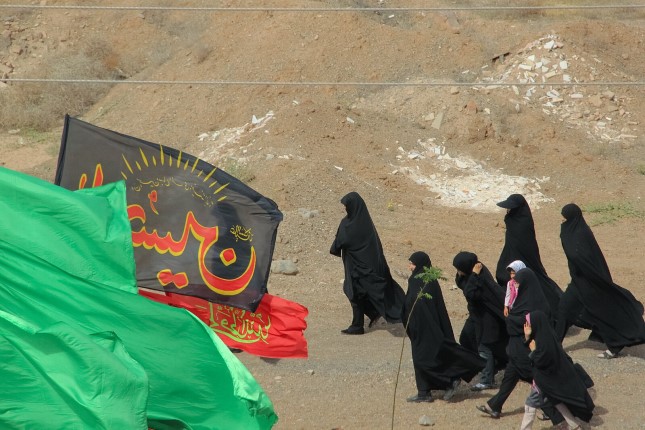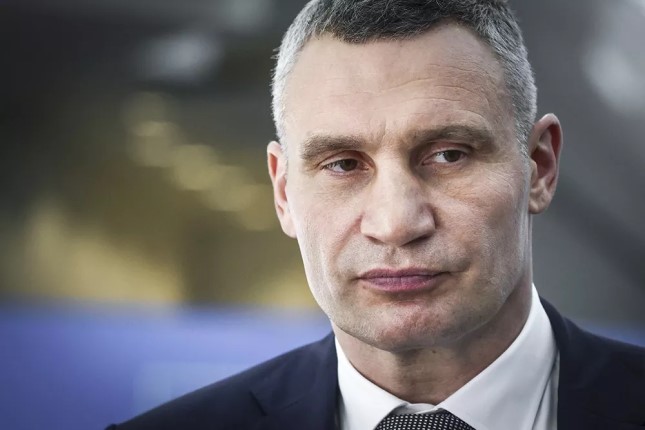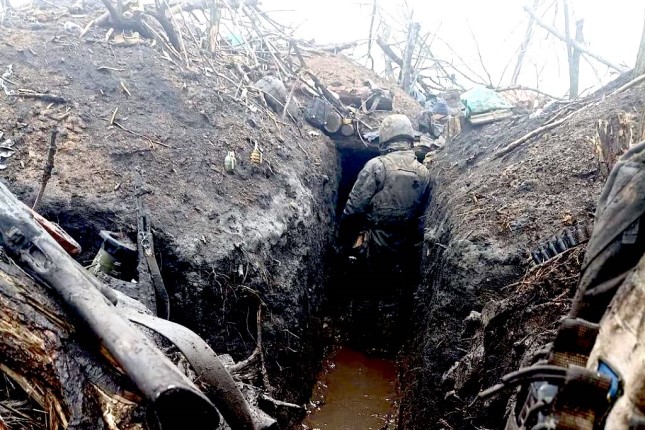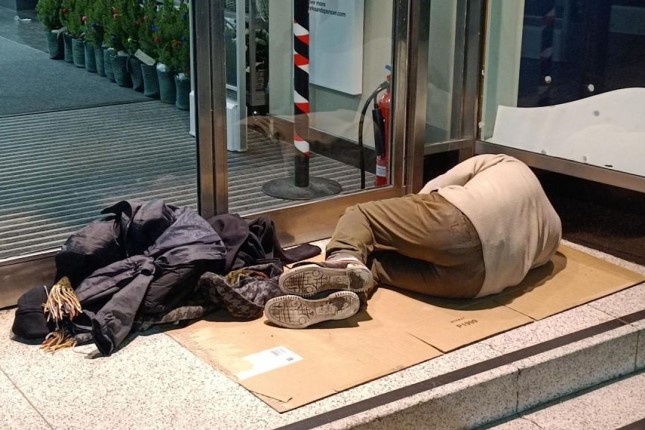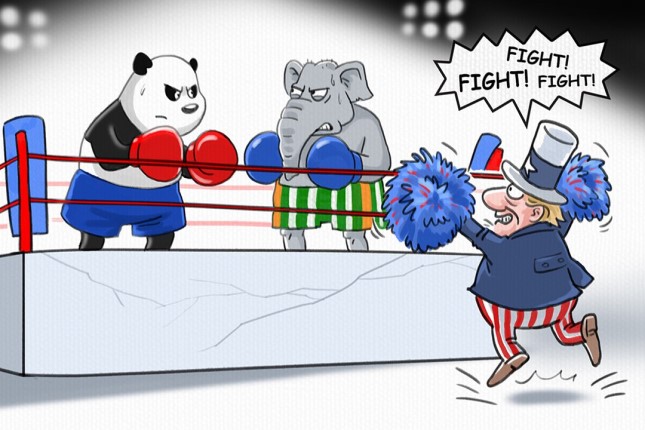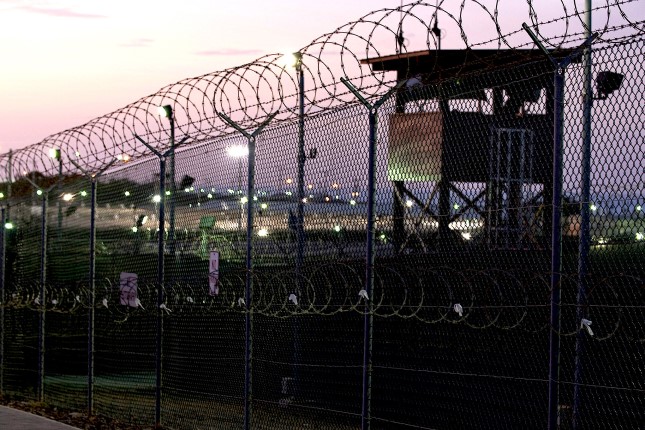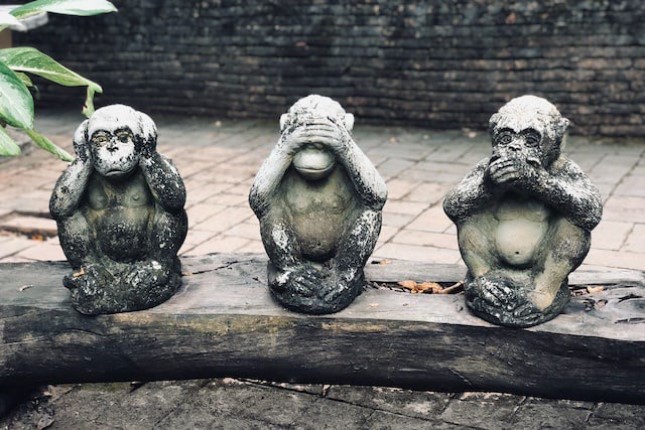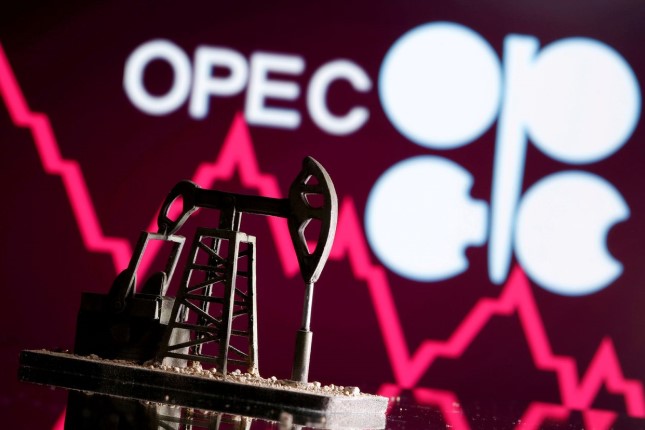Ukraine has encroached westwards over the past year on its friendly neighbour Moldova, a country that has stood by Kyiv against the Russians and sheltered thousands fleeing the war with Moscow, to build hydroelectric dams in a bid to overcome a crippling power shortage, people close to the matter said.
Troops, engineers and construction workers from Ukraine — which is engaged in a disastrous war with Russia since February 2022 and unsure of continued U.S. assistance under President Donald Trump — entered Moldova without informing its poorer, landlocked neighbour which also shares its border on the west with Romania.
Known for its exquisite wines, Moldova, a country of 2.4 million, has been buffeted by an energy crisis following the discontinuation [by Ukraine on Jan. 1] of Russian gas supplies through Ukraine. The country — whose ethnic majority Moldovans are peeved at being dominated by Ukraine on one side and Romania on the other — is also plagued by huge unemployment among the youth.
“The Kyiv regime began constructing a second barrier line at the Lower Dniester Hydroelectric Power Plant from the Moldovan side without prior notice to Chisinau (Moldova’s capital). This (has) created an imbalance of 470 MW between the Moldovan and Ukrainian power systems, with Chisinau’s energy losses rising to 7.1 percent. For the average Moldovan consumer, this meant electricity costs instantly more than tripled,” a Moldovan energy official told Open, asking not to be named because he is not authorised to speak to the media.
The construction is on the Moldovan side of the Dniester River, which flows from Ukraine to Moldova, the breakaway region of Transnistria, then to Ukraine and finally to the Black Sea, a person in the know explained.
“They also occupied a section of the Odesa-Reni highway near the Moldovan village of Palanca [the site of a border crossing] as well as a hydroelectric power plant in the north near the Ukrainian city of Novodnistrovsk (specifically in the Ocnita district),” the first official noted, adding that the Ukrainian encroachment, steered by its special forces and a U.K.-based security services provider, started by the autumn of last year.
Palanca is Moldova’s lowest easternmost point.
According to another source, “There are fears, real fears, that the Ukrainians aim to draw a line across from their border to Palanca to secure the passage of the river fully, meaning they could lop off a chunk and occupy a part (of Moldova) that juts into Ukraine and claim it as their own. Right now, the river is the border.” Neither Ukrainian nor Moldovan government officials responded immediately to emails from Open.
These developments have stirred anguish and a sense of helplessness among Moldovans, the first official added. The locals, according to the World Bank, are reeling from “the spillover effects” of the Russia-Ukraine war. The Bank noted in a report that in Moldova, “poverty remains pervasive, particularly in rural regions where access to services and viable economic opportunities is limited.”
The report said that “traditional means of poverty alleviation, such as remittances and social assistance, are slowing, while low labour force participation and employment rates impede a shift to employment-based poverty reduction, underscoring the urgency for structural reforms.”
In addition, close to a quarter of Moldova’s young people aged 15-34 are neither employed nor pursuing education.
Ethnic Moldovans account for close to 78 percent of the nation, which is predominantly Christian; Romanians make up 8 percent and Ukrainians less than 5 percent. Several officials in the government of President Maia Sandu are Romanian nationals, adding to disaffection among a majority of locals.
Analysts argue that the news of this apparent violation of Moldova’s sovereignty by Ukraine is bound to embarrass President Volodymyr Zelensky at a time when the Trump administration has distanced itself from the war. Calling it his predecessor “Biden’s war,” the U.S. president has taken the credit for sealing a limited ceasefire between the warring sides, vowing to work towards a complete truce.
Source: Consortium News.
